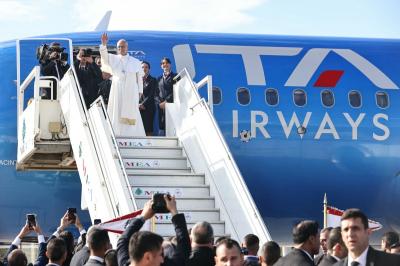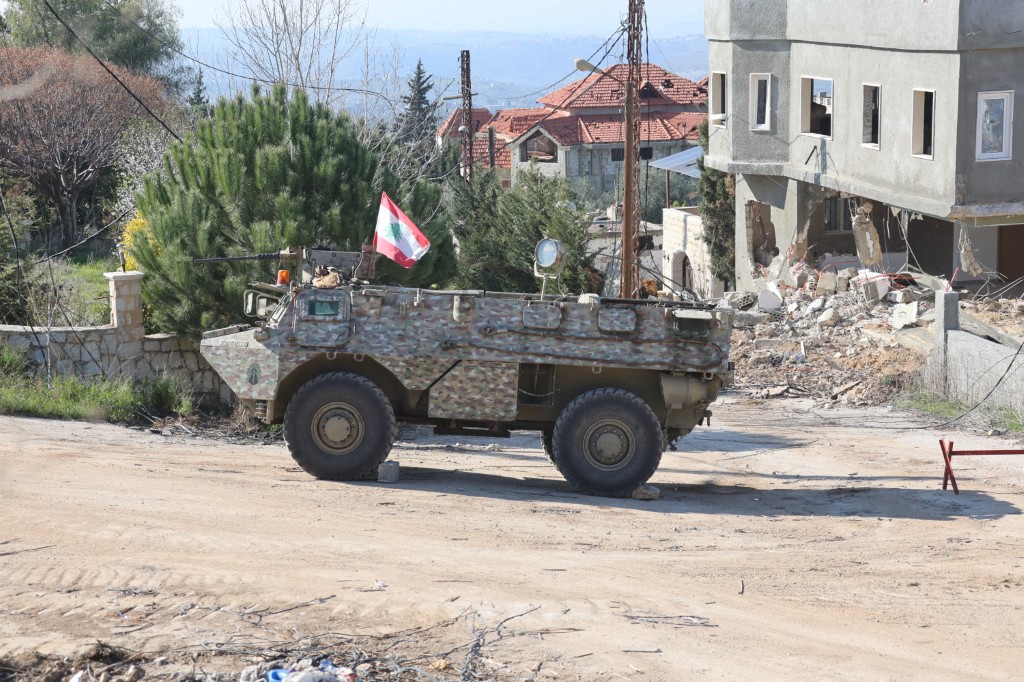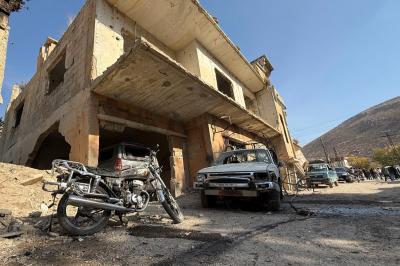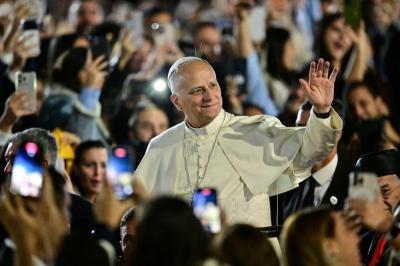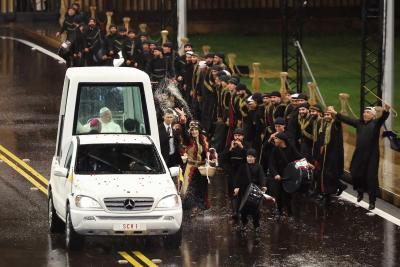“The ongoing Israeli-Iranian war, in some ways, serves Lebanon’s interests. All the Lebanese state must do is perform wisely and make the right decisions to benefit from it.”
A prominent Lebanese figure made this statement during a closed-door brainstorming session on recent developments, their potential impact—both positive and negative—on Lebanon’s path, and the locks to possible solutions.
It’s a broad view, certainly, yet tinged with cautious optimism—based on the leadership’s ability to steer wisely and meet the expectations of the Lebanese people, who yearn for political, security, social, and economic stability. This includes implementing three core promises: placing all weapons under state authority, adopting a policy of positive neutrality in regional conflicts, and launching multidimensional reforms.
The glaring issue, however, is that Lebanon’s political leadership currently behaves more like spectators—watching the war unfold, analyzing its daily updates just like journalists and pundits—appearing to tether all decisions to the eventual regional and international balance of power and the fate of the Iranian regime, which now lies exposed and uncertain.
This passive stance has led Lebanon’s top state institutions—the Presidency, the Parliament, and the government—to freeze four critical issues: the weapons in Palestinian camps, Hezbollah’s arsenal, the Syrian refugee crisis, and the urgent judicial appointments. Instead of addressing these national priorities, the government has confined its efforts to power-sharing negotiations, with only limited exceptions, mostly within the diplomatic corps.
There are growing fears that savvy power players will exploit this murky transitional phase to push through appointments and decisions—especially in the judiciary and Central Bank—that they have long failed to impose in broad daylight.
But amid this political stagnation, one must ask: How can Lebanon truly benefit from today’s regional turmoil?
Undoubtedly, Lebanon would breathe a major sigh of relief if the so-called “Axis of Resistance” collapses. That moment appears imminent, especially given that the axis itself, not just its enemies, is now seeking a ceasefire. Concepts like the “Alliance of Minorities,” the “Shia Crescent,” and “Unity of Fronts” have become hollow labels. These narratives long burdened Lebanon, trapping it in conflict and privileging force over dialogue.
What Lebanon now awaits, more than ever, is an acknowledgment—voluntary or forced—of its neutrality. As things stand, Hezbollah appears unable to launch another “support war” for Iran in its time of crisis—not out of restraint or concern for Lebanon, but due to a mix of factors: its depleted military capacity, internal opposition to further escalation, and increasing pressure or “advice” from both Arab and international actors.
Still, these prospective benefits from the war’s outcomes do not justify the government’s hesitancy or its strategy of sitting back and waiting for rewards to drop from the sky. Instead, Lebanon’s leadership must act—seizing the moment, aligning with shifts on the ground, and most importantly, beginning the implementation of long-delayed national decisions. Chief among them is addressing the dual arms issue—Palestinian and Hezbollah weapons. This responsibility cannot be postponed indefinitely. The state must apply the principle: “The best charity is swift charity.” Otherwise, the caravan will pass by, and Lebanon will struggle to catch up.
This doesn’t mean that the state must launch a preemptive war on these arms. Rather, it must establish a timetable for their handover and not leave the matter left at the mercy of regional developments. Nor should it bend to pressure that makes it backtrack on its own deadlines, especially since the June deadline for dealing with Palestinian weapons has already passed with no concrete action or convincing justification. As for Hezbollah’s arms, the dialogue scheduled before the end of the year now lies dormant, cushioned by vague promises and political reconciliations.
Given President Joseph Aoun and Prime Minister Nawaf Salam’s statement in the last Cabinet meeting—that “Lebanon has no part in the conflict between Israel and Iran”—there is no justification for freezing vital files or stalling scheduled action. Lebanon’s disassociation from this war must not serve as an excuse to delay disarmament further or tie it to agendas that Lebanon claims not to be part of.
No one reaps fruit without planting seeds. One cannot live off what others sow. Yes, developments may carry good waves for Lebanon—but the world stands firm in its belief: “Stand up, so I can stand with you.”
If the prominent Lebanese figure’s prediction is to come true—that the war could ultimately benefit Lebanon—then the country’s leaders must not exempt themselves from delivering on the rescue promises they’ve made, publicized, and scheduled. And they must stop relying on the supposed wisdom of simply waiting by the riverbank.
Please post your comments on:
comment@alsafanews.com
 Politics
Politics
